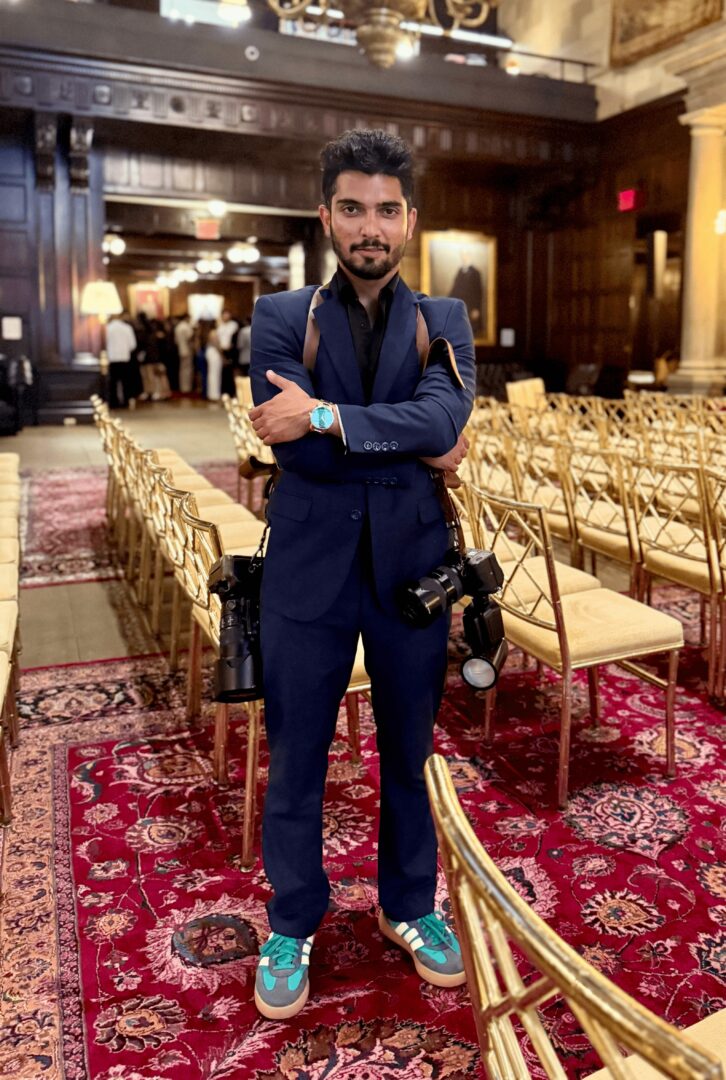Parish Mandhan shared their story and experiences with us recently and you can find our conversation below.
Hi Parish, thank you for taking the time to reflect back on your journey with us. I think our readers are in for a real treat. There is so much we can all learn from each other and so thank you again for opening up with us. Let’s get into it: What are you most proud of building — that nobody sees?
I’m most proud of building a better life for my parents, something that often goes unseen. We come from very humble beginnings, and I still remember the time I arrived in New York with barely enough money to get by. It was their endless support and my obsession with my craft that kept me going through countless late nights and moments of uncertainty. Today, being able to provide for them solely through my passion feels like the greatest achievement of all. Recently, I fulfilled a lifelong dream by gifting my parents a new home in my hometown, a project that took nearly a year and a half to complete because I wanted every detail to reflect the love and gratitude I have for them.
Can you briefly introduce yourself and share what makes you or your brand unique?
I’m Parish Mandhan, a New York based photographer originally from Indore, India. My work focuses on portraiture, fashion, and storytelling , capturing emotion, elegance, and authenticity through both still and motion imagery.
Coming from humble beginnings, my journey to New York was driven by pure passion and perseverance. I started with very little, just a dream, a camera, and an obsession to create something meaningful. Over the years, I’ve had the privilege of collaborating with global brands such as Adidas, Vivienne Hu, and Taj Pierre for the MET Gala 2025, and my work has been published in Vogue, Harper’s Bazaar, and several other leading magazines. I’ve also had the honor of photographing some of the most recognized personalities across the world.
What makes my work unique is that I’m never chasing fifty great images, I’m searching for that one. The moment when the subject is completely present with me, when I can see their character, and so can the camera. I shoot fast, but I always know when I’ve captured that shot – the one that truly reveals who they are.
Right now, I’m focused on expanding my creative collaborations and developing new projects that merge fine art, fashion, and emotion-driven storytelling.
Great, so let’s dive into your journey a bit more. What did you believe about yourself as a child that you no longer believe?
As a kid, I used to believe that some things were simply not possible. Coming from a place with no money, no connections, and no background in the industry, certain dreams just felt too far out of reach. But over time, life taught me otherwise. Today, I truly believe that anything is possible – you can become anyone and achieve anything you set your mind to. It’s all about taking small, consistent steps every day in the direction of your goals. If you stay calm, trust the process, and believe in yourself, everything eventually falls into place.
When you were sad or scared as a child, what helped?
When I think about being sad or scared as a child, one memory always stands out. I was 17 when I finally got the chance to assist a photographer I had been trying to work with for almost a year. The job was in a different city – one I knew nothing about. He told me that if I wanted the job, I needed to be there in three days. Without overthinking, I booked a bus ticket and left the next day.
When I arrived, I had nowhere to stay and barely any money. I went straight to work with all my belongings, and after the shoot, I found myself alone on the streets with no place to go. I was scared, but I didn’t let that fear break me. Looking back, that moment taught me what courage really means – taking bold steps even when the outcome is uncertain. I have no regrets because that decision changed the course of my life.
I think our readers would appreciate hearing more about your values and what you think matters in life and career, etc. So our next question is along those lines. What would your closest friends say really matters to you?
My friends would probably say that what matters most to me are two things – my passion and the people around me. Photography and filmmaking always come first, they’re not just what I do, they’re who I am. But my friends also know that I deeply value kindness. I’m drawn to people who are genuine, compassionate, and caring.
In a city like New York, where everyone is constantly moving and chasing something, it’s easy for kindness to get lost. I understand that pace – I live in it every day – but I still believe that being mean or dismissive gets you nowhere. I like helping people when I can, and I truly believe in growing together rather than growing alone.
Okay, so before we go, let’s tackle one more area. What will you regret not doing?
What I’ll probably regret the most is not spending enough time with my family. I love them deeply, and every day my goal is to make their lives better in any way I can – but that also comes with its own cost. My work keeps me in New York and across the U.S., while my family is back home in India, and that distance is never easy.
Even though I try to stay connected, I know there’s nothing that can replace being physically present with them. As I grow in life and career, I’m realizing more and more that at the end of it all, the only thing that truly matters – the only thing that feels real – is family.
Contact Info:
- Website: https://www.parishmandhan.com
- Instagram: https://www.instagram.com/parishmandhan/
- Linkedin: https://www.linkedin.com/in/parish-mandhan-163480152/

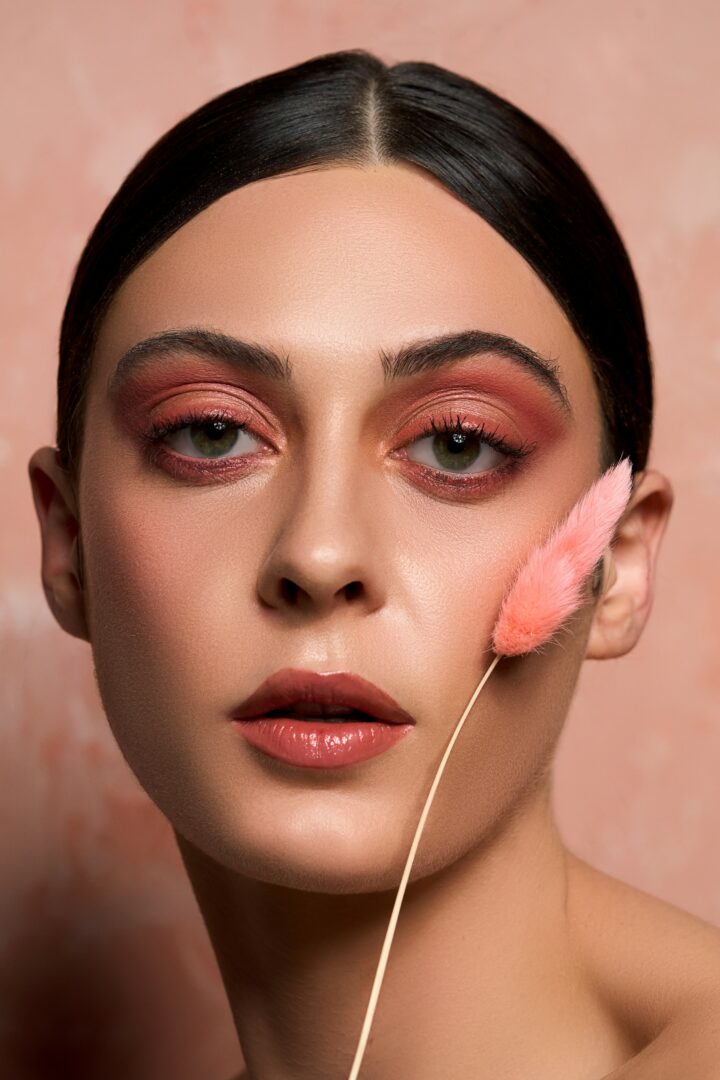
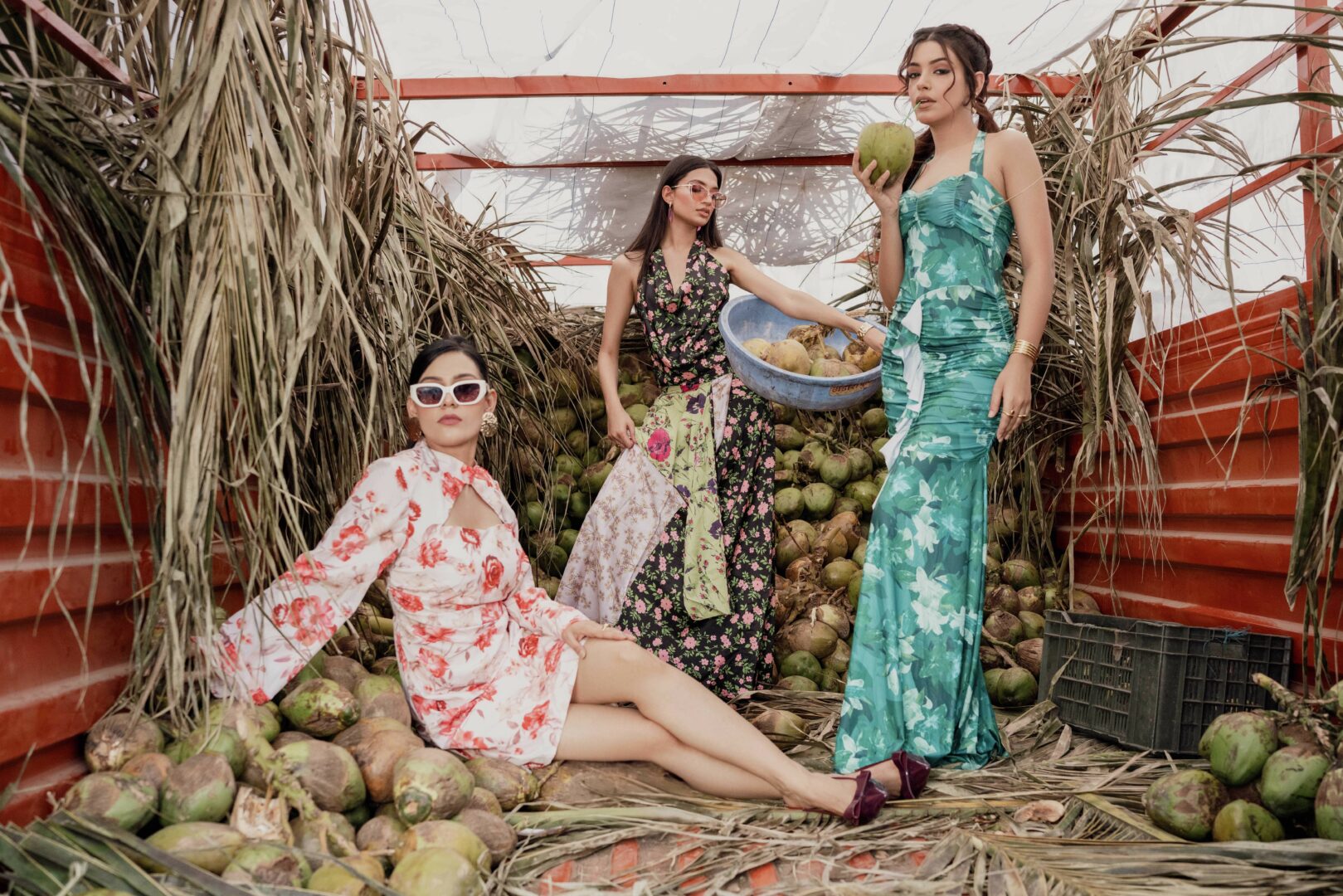
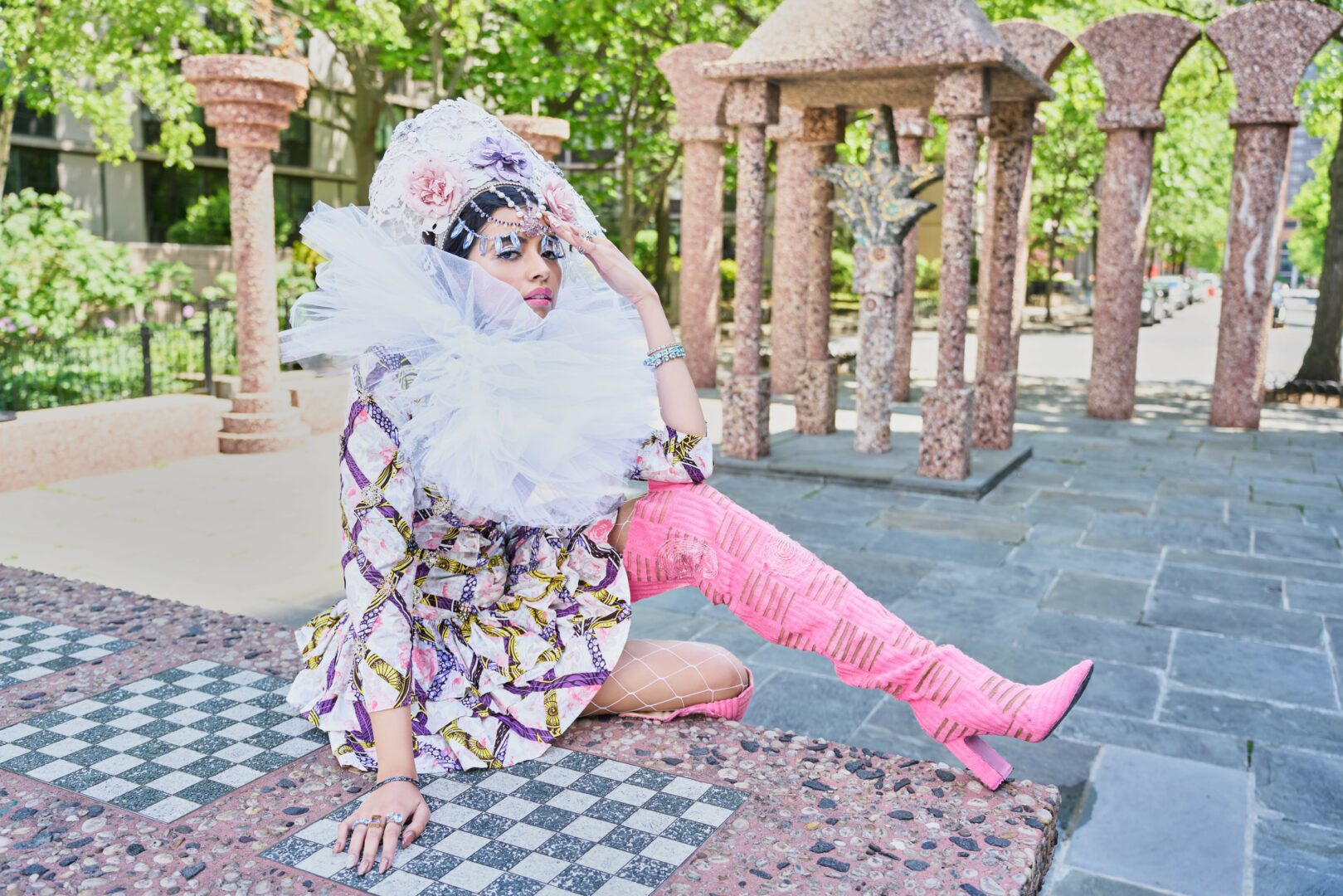
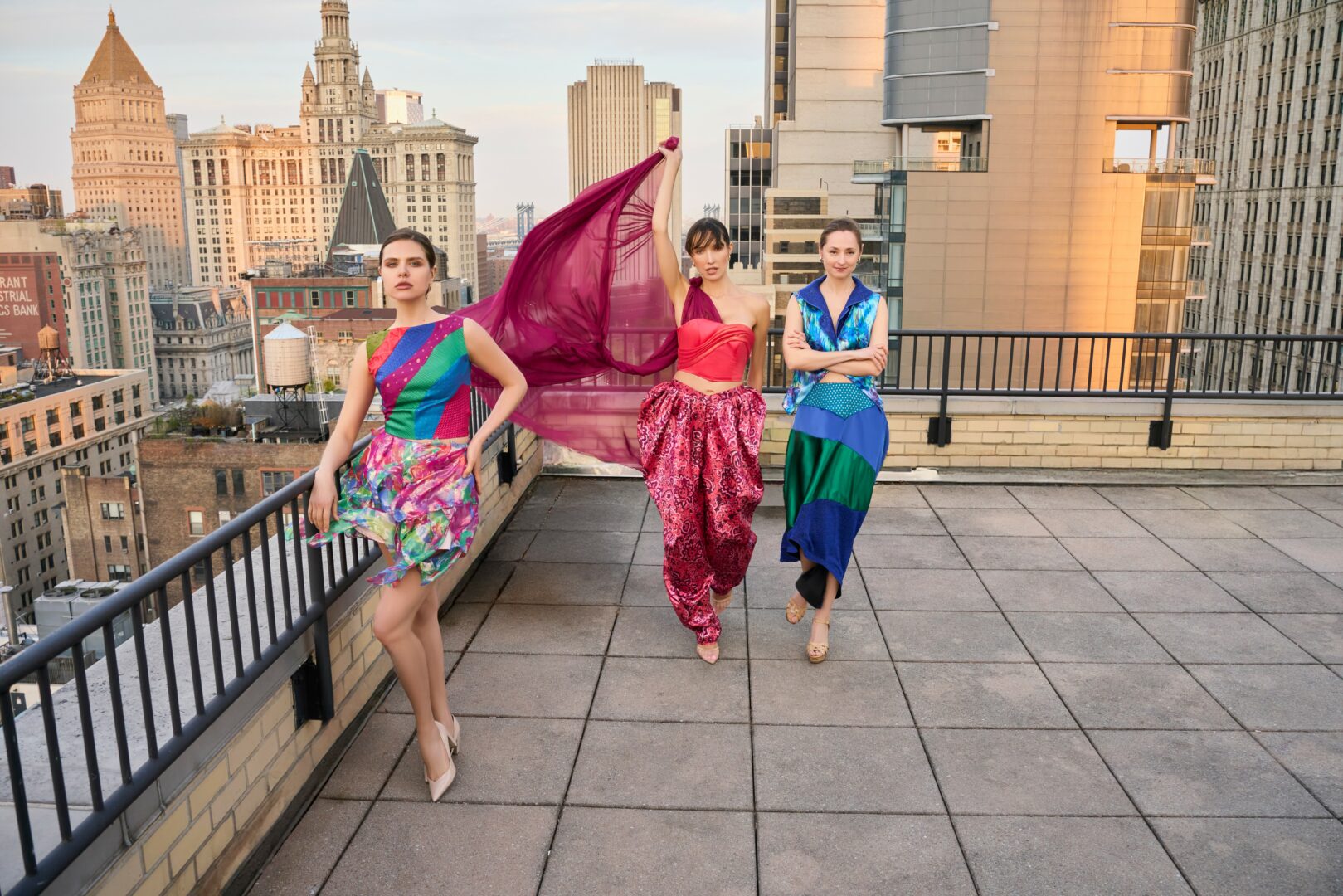
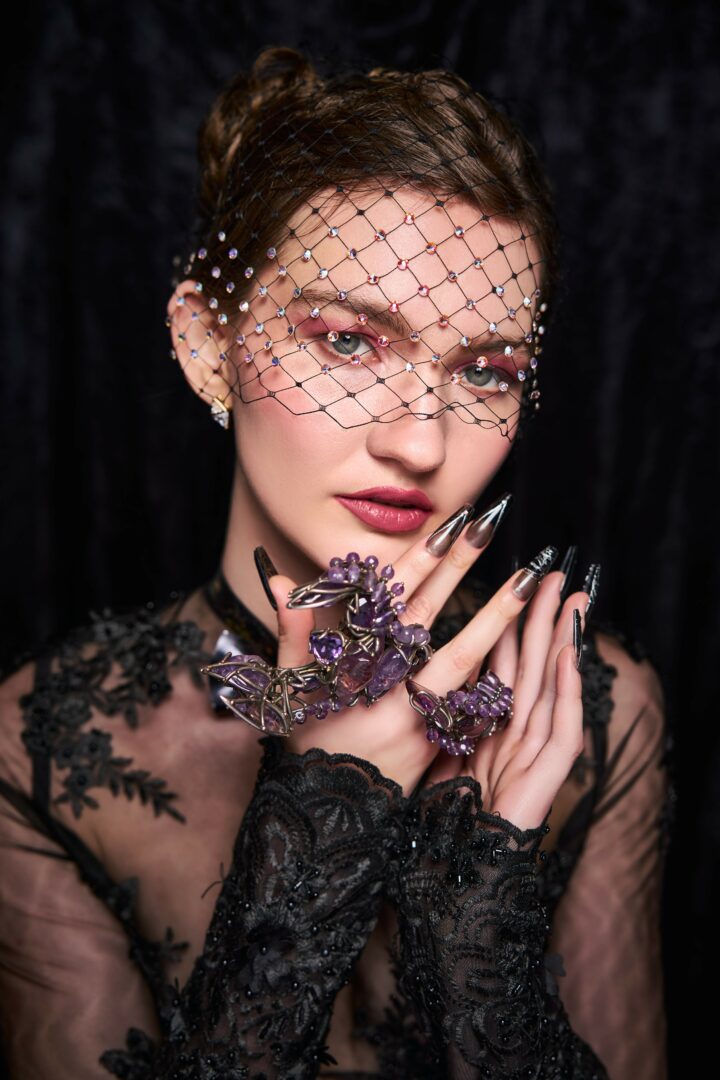
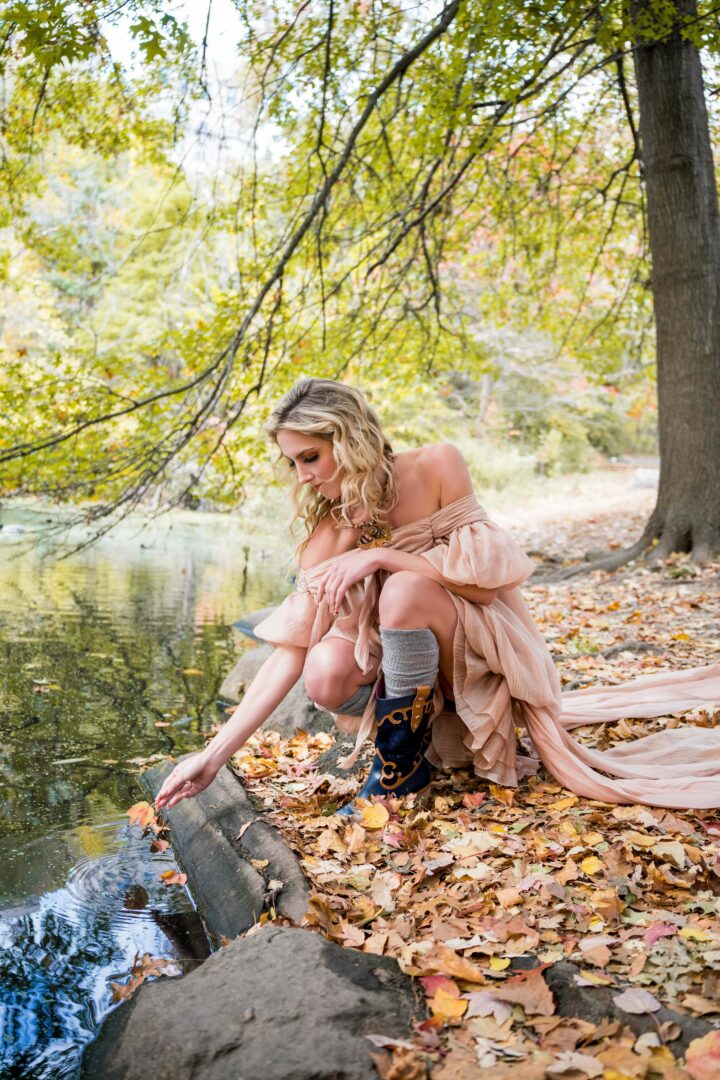
so if you or someone you know deserves recognition please let us know here.

